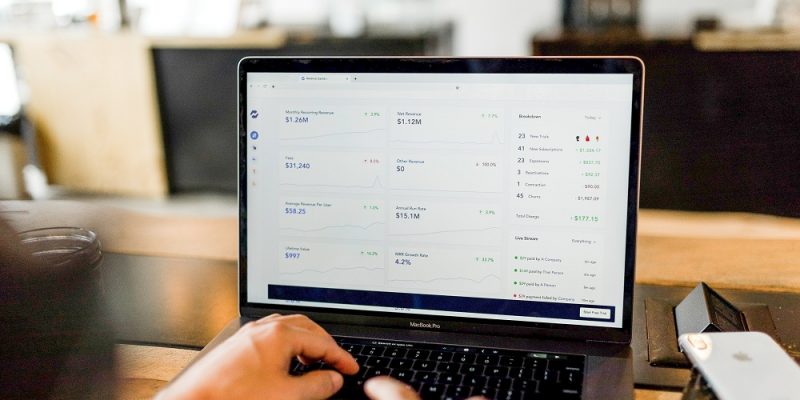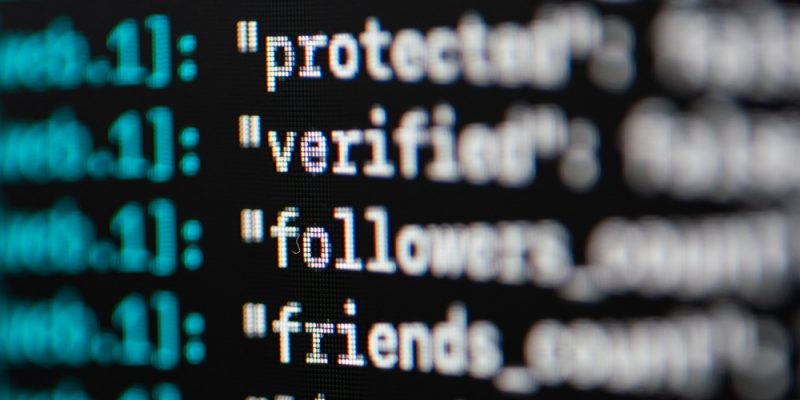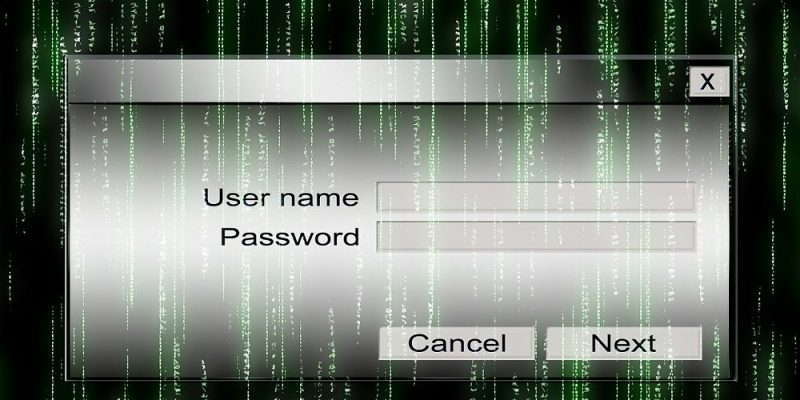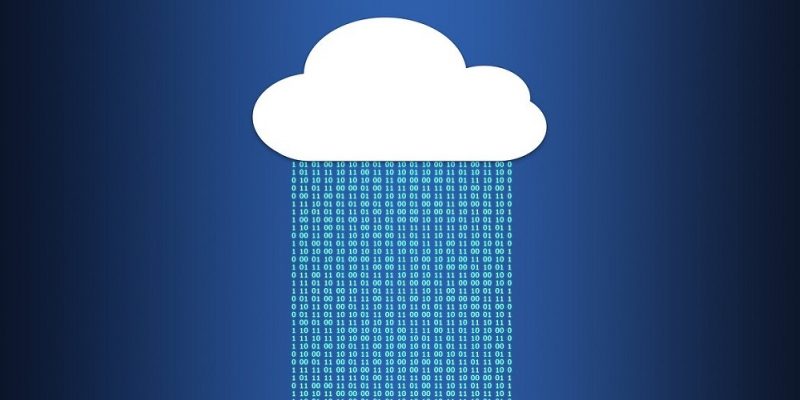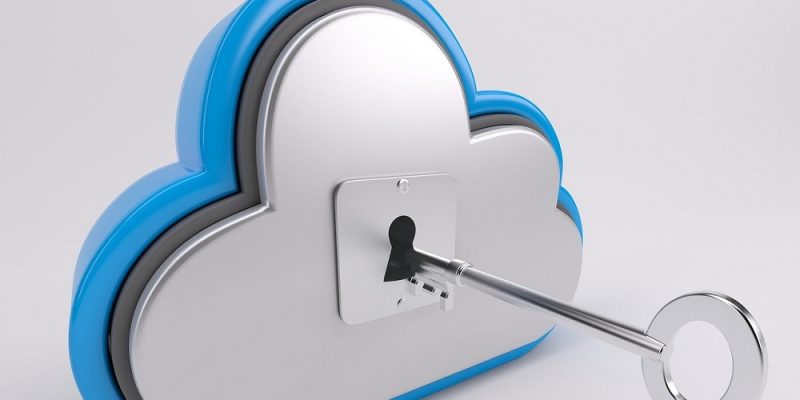 Cybersecurity concerns front and center as online voting expected to shape future elections
Cybersecurity concerns front and center as online voting expected to shape future elections
Online voting is likely to shape future election cycles, according to a study from OneLogin. 59% of respondents expect online voting will become a reality within five years. Online voting demographics Though various demographics differ in their opinions about online voting, respondents shared concerns about the possibility of fraud and compromised data security. 49% of…


